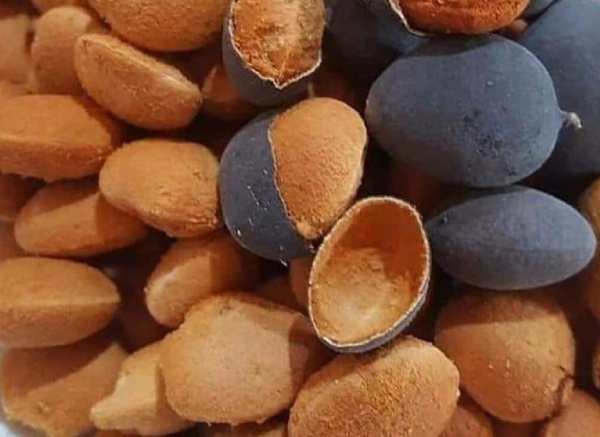Honey is a natural, sweet, thick liquid
obtained because of the nectar collected by bees from flowers. It can range in colours
from pale yellow to dark brown and consists primarily of water and simple
sugars (glucose and fructose). It consists of various organic acids, vitamins,
proteins, enzymes, antioxidants, and nitrogen elements. The antioxidants found
in honey are known for their antibacterial and antimicrobial properties. Due to
the higher levels of fructose when compared to that of sugar, the former is denser,
sweeter and contains more calories than the latter.
Sugar
is derived from sugar beets and sugar cane plants and involves a lot of processes
making it lack vitamins and other nutrients. It may come in three different
forms-raw sugar, brown sugar and whites sugar. Though based on the form (e.g.
brown sugar), some traces of nutrients can be found
Both honey and sugar are carbohydrates, and
both contain two primary sugars: fructose and glucose, with white sugar being 100%
sugars (50% fructose and 50% glucose), while honey is about 85% sugars (fructose
and glucose ratios varying with each honey variety). The remaining 15% of honey
is water, pollen, and trace minerals. Because of this difference in their makeups,
white sugar is absorbed into the body and blood at a faster rate than honey.
Some
benefits of honey over sugar
- Raw honey is honey that has not been heated, pasteurised, clarified or filtered in any way, and this form typically retains more of the health-promoting nutrients that can be lost to the standard processing methods.
- Honey contains antioxidant compounds called flavonoids which are reported to have antibacterial, anti-viral, anti-inflammatory, and anti-allergenic properties.
- Honey has a lower GI value than sugar, meaning that it does not raise blood sugar levels as quickly. If you are diabetic or trying to manage your blood sugar levels, there is no real advantage to substituting sugar for honey as both will ultimately affect blood sugar levels.
- Honey is a proven cough suppressant and also relieves sore throats. For many people, raw honey helps to moderate the sinus and throat irritation caused by pollen allergies.
While honey does provide more nutritional value
than table sugar, when consumed in excess, both honey and sugar can have
negative effects on metabolic health. If you are reaching for honey, it is best
to reach for local and raw honey to benefit from its antioxidant,
antibacterial, antifungal, and anti-inflammatory properties, and health
benefits.

